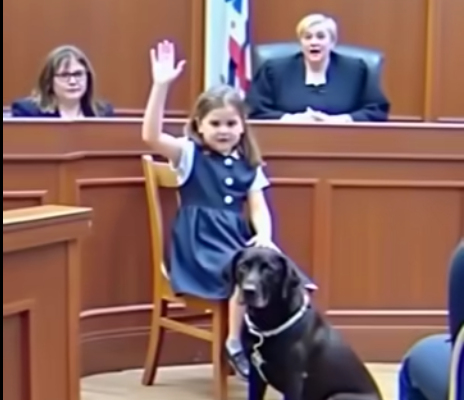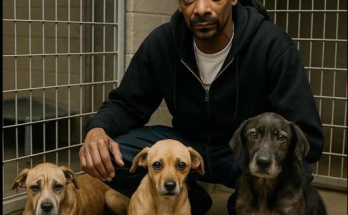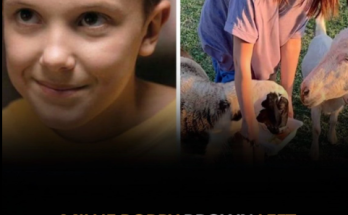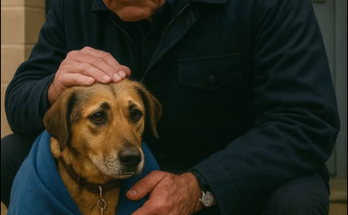
The courtroom had a quiet, almost reverent tension that day, a feeling that something extraordinary was about to unfold. Isla sat in her chair, small and seemingly fragile, but there was a steady determination in her eyes. At her side, Moose, her service dog, sat alert, his ears perked and his gaze unwavering. To anyone observing, the bond between them was immediately apparent—a relationship built on trust, understanding, and unspoken communication.
When the judge called her name, Isla’s hand instinctively brushed against Moose’s fur, sending a signal only he could interpret. In that silent gesture lay a language born of countless hours of training, comfort, and reassurance. She took a slow breath and whispered words that seemed to echo far beyond the confines of the courtroom.
“I’m not making it up. Moose knows. He always knows.”
The room fell into a sudden hush. Even the bustling movements of court staff and onlookers seemed to pause, as though the air itself recognized the significance of her statement. It wasn’t a dramatic outburst or an emotional plea; it was a quiet, unwavering declaration of truth. Moose remained at her side, a pillar of calm and protection, giving her the courage to speak in a place where many voices could easily be drowned out.
Judge Dawson leaned forward slightly, her posture indicating attentiveness and empathy. Her voice, firm yet kind, addressed Isla directly. “You are very brave, Isla. The bond between you and Moose is remarkable. It is clear that together, you form a team that cannot be overlooked.” She then turned her gaze toward Leonard Griffin, who had been seated confidently until that moment. Her eyes, sharp and discerning, held him accountable. “Mr. Griffin, this court places the highest priority on the safety and well-being of children. The relationship between a child and a service dog is more than companionship—it is a critical support system that provides security, stability, and confidence.”



